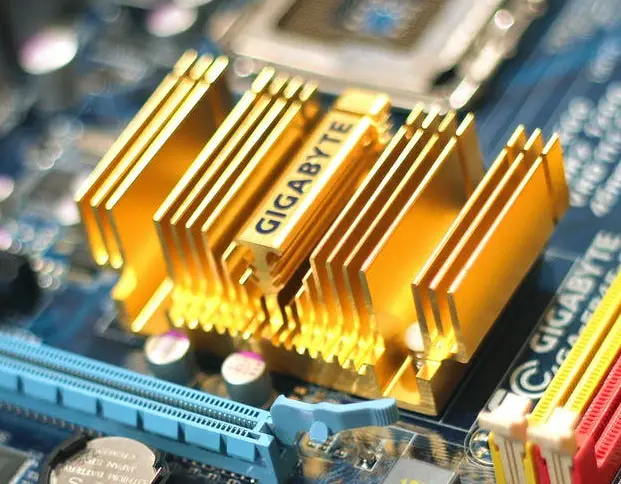On Monday, China launched an attack on export curbs on chip-making equipment which Japan enacted on Sunday.
Chinese Foreign Ministry spokesperson Mao Ning said at a press conference that the new export curbs on chip-making equipment which Japan put into effect on Sunday were “clearly directed” against Beijing, adding that it had left the Chinese government “deeply dissatisfied.”
Mao added, “China urges the Japanese side to bear in mind the overall interests of China-Japan economic and trade cooperation and its own long-term interests and refrain from abusing export control measures.”
The spokeswoman noted that Beijing has repeatedly warned Japan that it should not violate international economic or trade rules.
The export restrictions were first announced by Japan in March, when they were unveiled as a draft revision of its Foreign Exchange and Foreign Trade Act. Now that the restrictions have taken effect, the government must give its approval for the export of chip-manufacturing items. Included in that classification are equipment for cleaning, checkups, and lithography, which is required to manufacture the most cutting edge chips. Japan made no mention of China as having any relation to the restrictions.
Japan’s move comes as part of a wider campaign by the United States to limit China’s access to advanced chip-making technology, as well as other technologies which could be of importance to China’s military advancement.
Last October, the United States unveiled a set of sweeping export controls, including a measure to cut China off from certain types of advanced computer chips made with US equipment, anywhere in the world.
That was followed by a concerted effort to convince key chip-making nations and allies, including Japan and the Netherlands to introduce their own export restrictions targeting China.
In June, the government of the Netherlands introduced its own export controls, limiting the sale of chip-making equipment manufactured in the Netherlands to China.
Analysts told the Global Times newspaper on Sunday that the restrictions risk touching off a broader trade war, with Beijing doing whatever will be necessary to safeguard its own interests. They noted there are a variety of countermeasures Beijing could employ, including banning the export of raw materials necessary to make semiconductor chips, as well as placing restrictions on foreign chipmakers.
Already China has slapped export restrictions on the critical minerals gallium and germanium, which are vital to the manufacture of computer chips. China currently produces the majority of the global supply of those metals, which are used not only in semiconductor chips, but also in the manufacture of solar panels.

